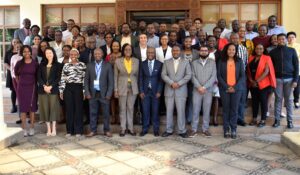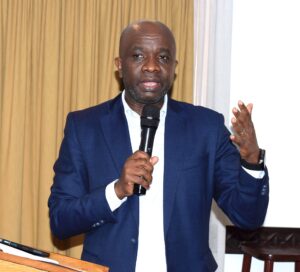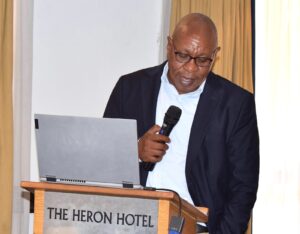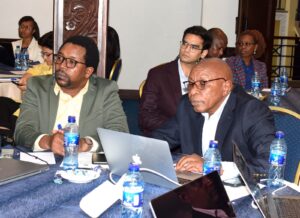𝐂𝐨𝐧𝐬𝐞𝐧𝐬𝐮𝐬 𝐑𝐞𝐚𝐜𝐡𝐞𝐝 𝐨𝐧 𝐁𝐢𝐨𝐞𝐪𝐮𝐢𝐯𝐚𝐥𝐞𝐧𝐜𝐞 𝐑𝐞𝐪𝐮𝐢𝐫𝐞𝐦𝐞𝐧𝐭𝐬 𝐢𝐧 𝐊𝐞𝐧𝐲𝐚 – 26th September 2024
Nairobi, Kenya – On 26th September 2024 a validation meeting confirmed the feasibility of establishing and implementing bioequivalence (BE) requirements in Kenya.
Key stakeholders participated in the discussions, including representatives from the Ministry of Health (MOH), Ministry of Industry, Trade and Investment, Kenya Medical Supplies Authority (KEMSA), Mission for Essential Drugs and Supplies (MEDS), National Quality Control Laboratory (NQCL), Kenya Association of Pharmaceutical Industry (KAPI), Pharmaceutical Society of Kenya, academia, research institutions, the Federation of Kenya Pharmaceutical Manufacturers (FKPM), and local pharmaceutical manufacturers. Development partners, including the Bill & Melinda Gates Foundation (BMGF), the United States Agency for International Development (USAID), and the World Bank, also attended the meeting.
The validation report was the result of a consultancy conducted by Penam Ltd for the Kenya Pharmacy and Poisons Board (PPB), funded by BMGF through the Supporting Health Initiatives (SHI) division of the Witwatersrand Health Consortium Pty Ltd (WHC), based at the University of Witwatersrand in South Africa.
The meeting emphasized the collective responsibility to ensure that high-quality pharmaceutical products are manufactured locally for the benefit of Kenyan citizens and beyond.





